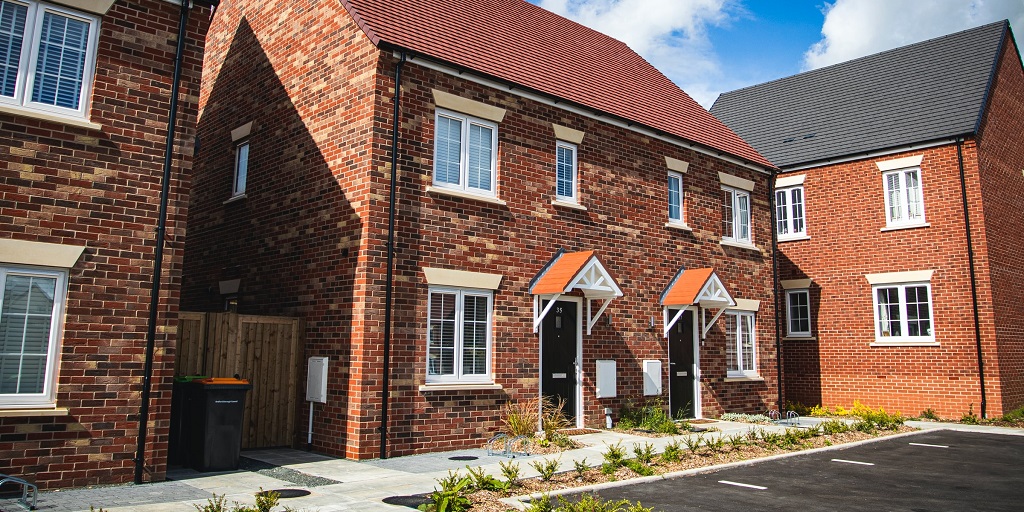This information should not be interpreted as financial, tax or legal advice. Mortgage and loan rates are subject to change.

Category: government and politics government and politics
government and politicsLabour announced their “Freedom to Buy” policy, the first housing policy to come out of general election campaigning so far, but it has been roundly criticised and does not look likely to change the growing reliance on the private rental sector.
The “Freedom to Buy” policy, from the Labour, is the party’s equivalent to the Conservative’s 2021 mortgage guarantee scheme. The Tory scheme will run until July 2025, whereas the Labour policy is proposed as a permanent scheme, to help prospective first time buyers onto the housing ladder.
Labour’s hopes are that their scheme would help 80,000 people buy their first home, over the next five years.
Keir Starmer, leader of the Labour party said this of the scheme:
My Labour Government will help first-time buyers onto the ladder with a new Freedom to Buy scheme for those without a large deposit, and by giving them first dibs on new developments.
Reaction to the policy
Reporting on the scheme, the BBC pointed out data from the Office for National Statistics (ONS). Information from the ONS shows that there were around 6.7 million 15-34 year old people living with parents in 2022.
The childhood ages in that scale would of course be expected to still be living at home. However, 80,000 is only 1.2% of 6.7 million. So, the solution Labour hopes to provide seems wildly ineffective.
This is not the only note of criticism the policy faces though.
Both residential mortgage professionals and tenant groups have spoken out on the “Freedom to Buy” policy, saying it will not help the housing crisis.
Generation Rent and London Renters Union both say Labour should stop the rise in private rents, levelling blame straight at the door of private landlords.
Generation Rent had this to say, even before the policy was officially announced:
Trying to put aside a house deposit while renting is like pushing a boulder up a hill that keeps getting steeper and steeper. The next government must slam the brakes on soaring rents by limiting the current free-for-all that’s forcing a third of renters’ incomes straight into the pockets of landlords.
London Renters Union’s reaction was to call for rent controls:
Renters need the next government to introduce rent control, and in the long-run, move us back towards a system with a much greater proportion of public housing.
Residential mortgage professionals pointed to the fact that the existing scheme had only limited take up and as such a rinse and repeat from Labour was unlikely to have any impact.
This is broadly because raising a deposit is one thing, but demonstrating that your income is enough to cover monthly mortgage payments is quite another. So, unless a prospective first time buyer has adequate income, being helped by needing a small deposit does not get them into a position to buy a home.
Sir Starmer also talked passionately on the subject of building houses, which could bring down the price of housing:
Labour is the party of homeownership, and the only Party serious about building the homes Britain needs. We will deliver the change needed and end the Tory chaos.
However, history would beg to differ, as house building targets have been missed for decades, regardless of the party at the helm.
So what does this mean for landlords?
Having been widely lambasted, and given its content, Labour’s “Freedom to Buy” policy feels unlikely to change the picture for first time buyers, which means this policy in isolation seems unlikely to change the high demand on the private rental sector.
Private landlord groups continue to urge political parties to recognise that bringing private rents down will only be achieved by increasing the number of rental properties in the sector.
The housing industry points to housebuilding as the route to reducing the prices of homes, so if Labour win the election their intention to build could contribute to this objective, but the mountain they need to climb to do this and the likelihood of it happening does not give cause for confidence.
